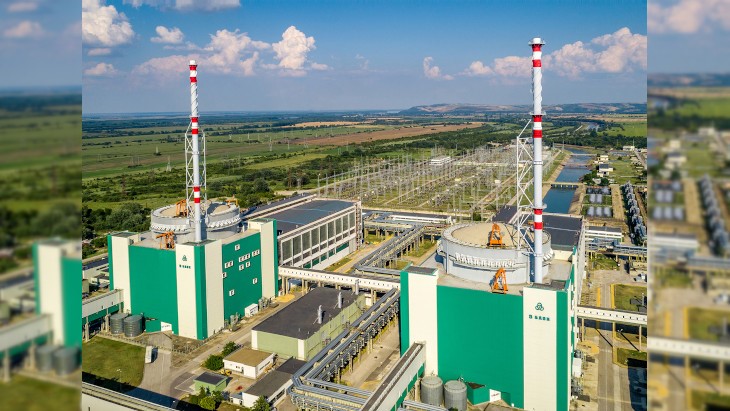The poll Public Attitudes on Energy Issues was conducted by Trend in February 2023 using face-to-face interviews of 1003 people aged over 18. It found that 28% of people fully support the development of nuclear energy in Bulgaria, with a further 38% voicing general support. By contrast 7% were generally unsupportive and 3% opposed. However, some 24% are undecided, a group which Trend noted was mainly composed of women and people in lower education groups.
The results will be welcome to the Bulgarian government, which last month revealed an energy strategy including four new reactors - two at Kozloduy and two at a new site, Belene.
Support for increasing nuclear capacity in Bulgaria was at 29%, with 23% support for maintaining capacity at the current level including replacement of old reactors when they retire. To do this, respondents overwhelmingly favoured state investment: 39% said the Bulgarian state should be the sole owner of nuclear power plants, with 34% saying it should at least retain sole control over the projects even if there are other investors.
Economic and energy security factors dominated respondents' perception of nuclear energy's benefits, with 61% agreeing that nuclear ensures energy security in normal times as well as during crises. Earning revenue by being a regional exporter of electricity was recognised by 41% of people. These were backed up by 34% recognition of nuclear's competitive and stable pricing as well as 19% awareness of nuclear's reliability as a 'pillar' in the generation mix with 24/7 production.
Electricity has been one of Bulgaria's main exports, earning it around EUR3 billion (USD3 billion) in 2022, according to the government.
Trend noted that the 15% of people who said they "could not judge" nuclear's benefits was lower than the 18% who said they were "not interested in nuclear energy and actively avoid information on it", indicating that "the benefits of nuclear are known even among people who do not follow this topic".
However, when asked "Are you personally aware that according to the United Nations, calculated on a lifecycle basis and compared with other electricity generation technologies, nuclear plants have the lowest greenhouse gas emissions, the least of space and materials and least impact on public health" only 19% were aware of this.
Only 21% were aware that profits from Kozloduy provided the main source of funding for the Bulgarian government's electricity price support through the recent energy crisis. Respondents said they received information on nuclear energy through the media (84%), the Internet (27%), social media (21%), colleagues and friends (18%) and experts (6%).





_730_93825.jpg)

_83147.jpg)
_87299.jpg)






